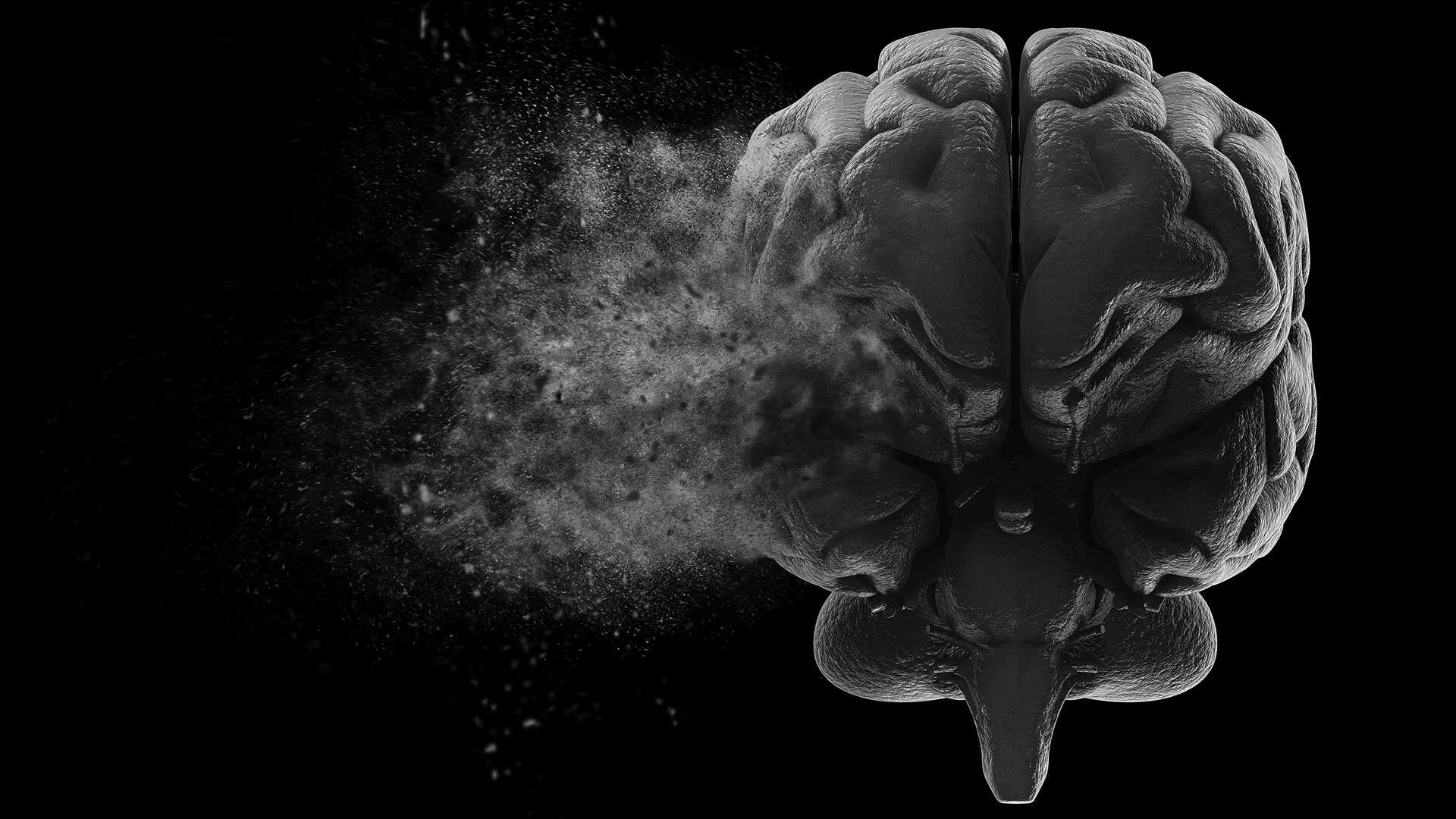‘Seeing’ Brain Problems Differently
Through the ‘Mind’s Eye’
Sometimes resolving problems of the brain is simply a matter of looking at them differently — through the “mind’s eye.”
So, says Deborah Zelinsky O.D., research director of the newly-established Mind-Eye Institute, based in Northbrook, Ill. at the site of Dr. Zelinsky’s former Mind-Eye Connection center. The Institute will extend Dr. Zelinsky’s ground-breaking clinical successes and research, which have revolutionized scientific understanding of how the retina serves as a two-way portal into the mind and body.
“The way light disperses across the retina can impact brain function, the nervous system and body chemistry,” says Dr. Zelinsky, an optometrist noted worldwide for her work in neuro-optometric rehabilitation. “That’s because changes in ambient lighting affect how the brain reacts, interprets and responds to information about the environment by impacting a person’s spatial awareness, movement, and selective attention to sound.
“As scientists, we now have the knowledge and capability to benefit both a patient’s mind and body,” Dr. Zelinsky adds.
Using prescriptive eyeglasses, lenses or other optometric interventions to selectively stimulate light dispersed on the retina, Dr. Zelinsky has helped patients redevelop visual skills during recovery from debilitating, life-altering symptoms of brain injuries. She also has worked to develop skills in patients with learning and behavioral problems.
“Formation of the Mind-Eye Institute will further significant growth of Dr. Zelinsky’s ongoing scientific work, thereby enhancing overall knowledge of the pivotal role of visual processing and the interconnection of the eyes with many other physical systems and functions,” says James Smyth, CEO of the Mind-Eye Institute.
The new organization also will help create an international network of trained optometrists and other professionals able to bring Dr. Zelinsky’s innovative clinical programs to thousands more patients.
The Institute consists of separate divisions focused on research expansion and study grants, creation of clinical centers of excellence, visual rehabilitation, development and acquisition of advanced technology through partnerships with high-tech companies, and the training of health professionals.
“Many mental disorders and learning disabilities are as much related to retinal sensitivities in peripheral eyesight and the lack of integration between visual and auditory signals as they are to abnormal brain activity and neurochemical imbalances,” Dr. Zelinsky says. “Patients found to lack synchronization between spatial perception through their eyes and ears can often be prescribed therapeutic eyeglasses that literally shift their ‘space’ world and mitigate brain-related symptoms.”
Dr. Zelinsky is especially known for development of the Z-Bell Test℠ — a simple but revolutionary method of checking a patient’s overall awareness of surrounding space and his or her integration of visual processing with awareness of auditory space. The test has changed the lives of both pediatric and adult patients by allowing Dr. Zelinsky and her team to prescribe eyeglasses that optimize the relationship between central and peripheral receptors in the retina, while improving the connection between eyes and ears.
“Just as changes in environmental stimuli can impact brain function and biochemistry, so, too, can prescriptive eyeglasses modify environmental input to the retina and affect neurological issues,” says Dr. Zelinsky, a fellow in both the College of Optometrists in Vision Development and the Neuro-Optometric Rehabilitation Association, a member of the Society for Brain Mapping and a community leader for the Society of Neuroscience.
She is slated to present a talk on “The Overlooked Effect of Ambient Lighting on Cardiovascular Health” at the Euroscicon’s convention on Neurology, Neurosurgery and Stroke this summer in Amsterdam.
Much of the Mind-Eye Institute’s initial scientific focus will be on effecting help for patients with learning disabilities (including attention-deficit disorder, autism and dyslexia); concussion symptoms and other traumatic brain injuries; and dementia.

Media
On ‘Seeing’ The Brain
Mind-Eye Institute to study how retinal perception of light affects brain
